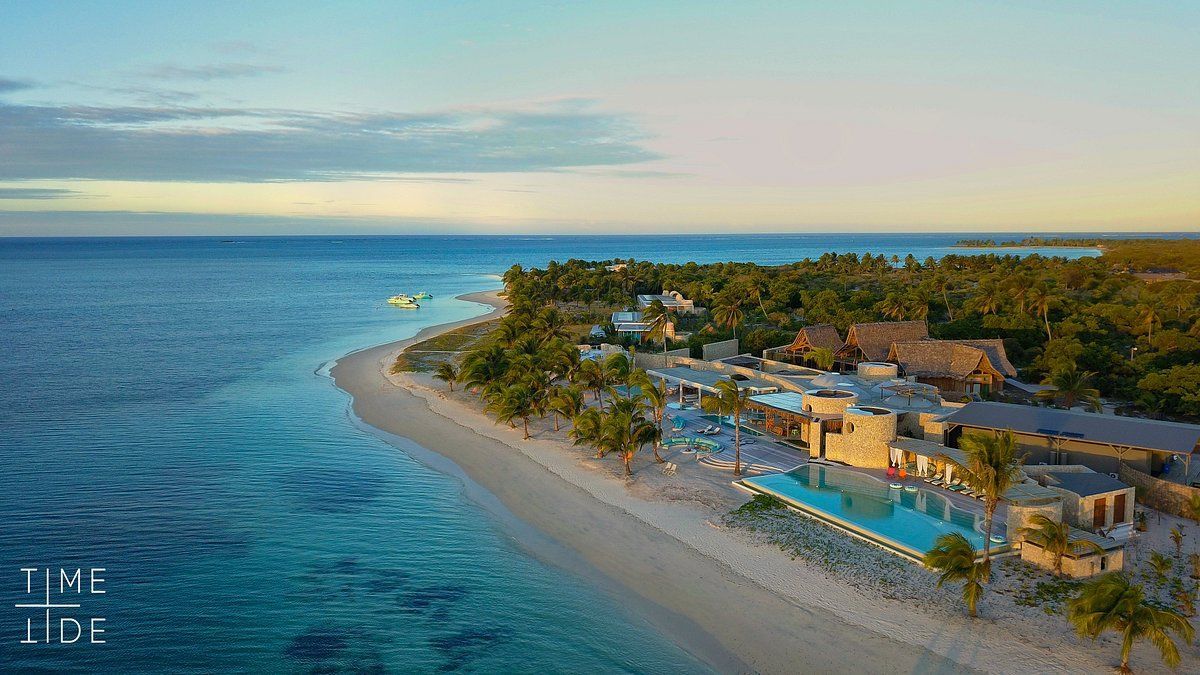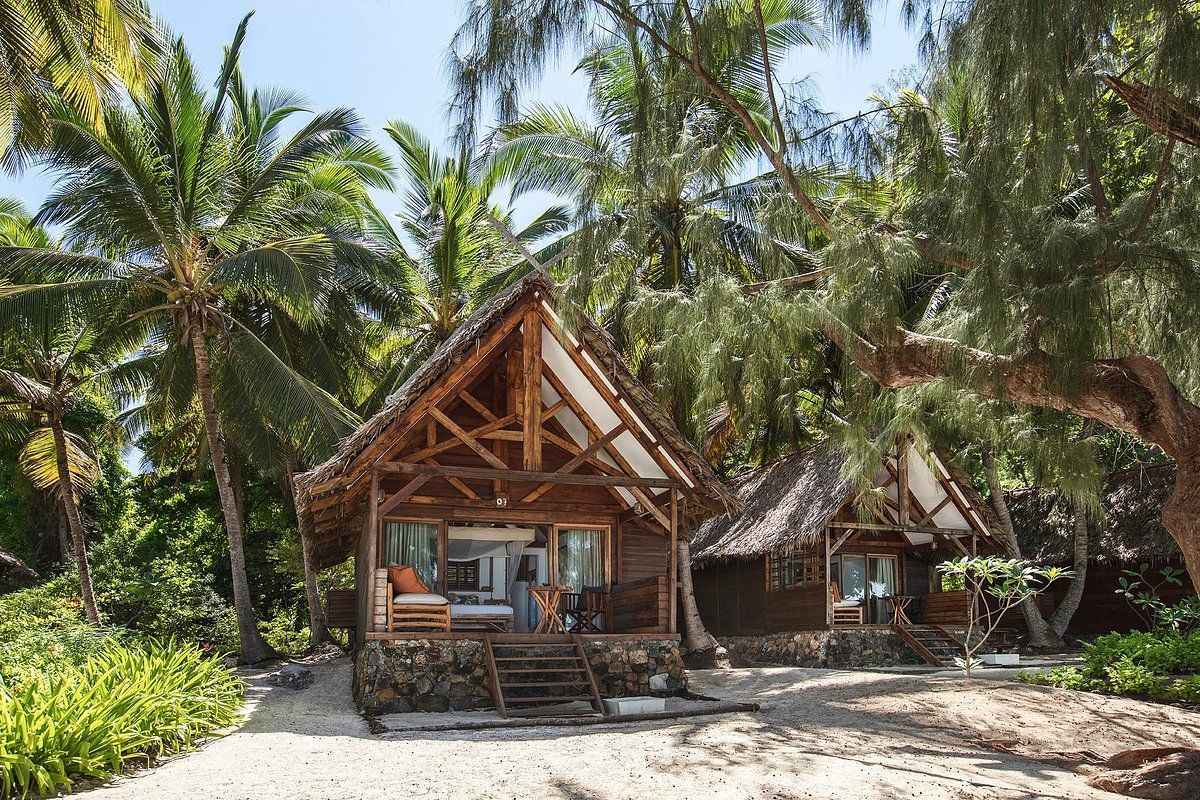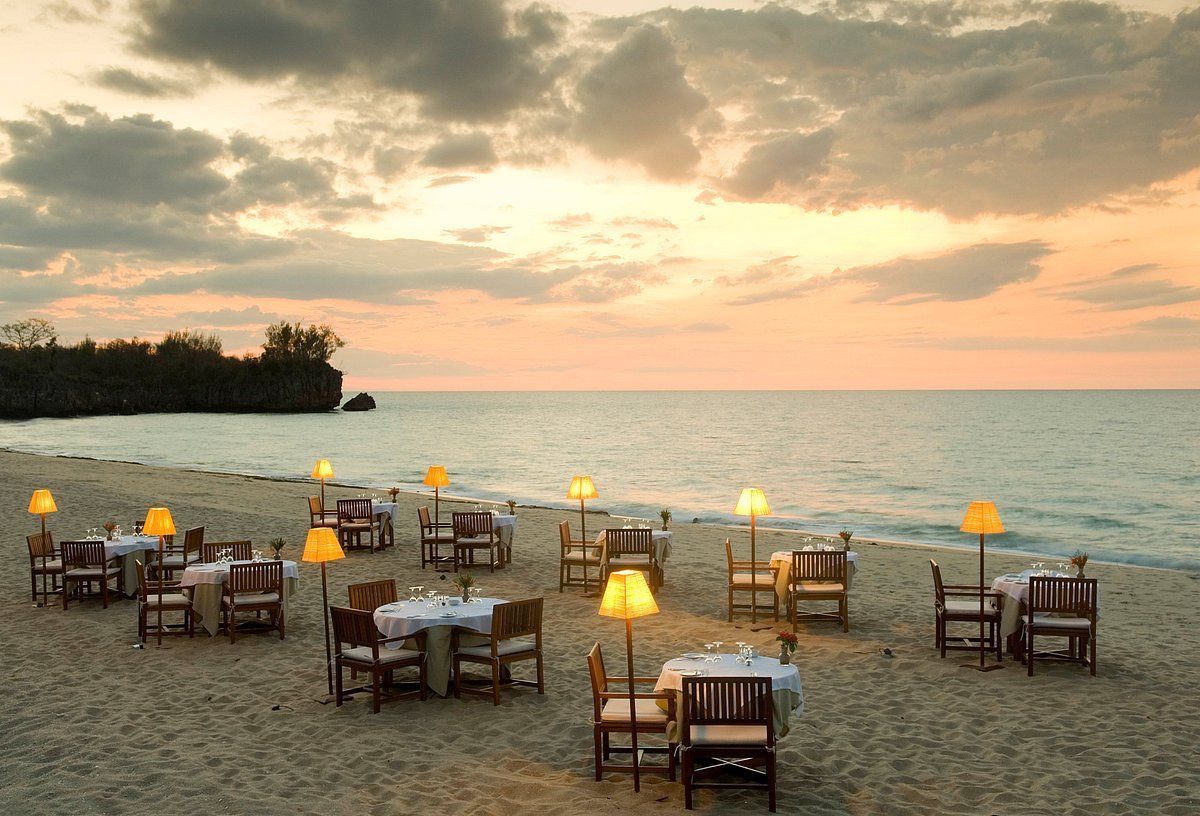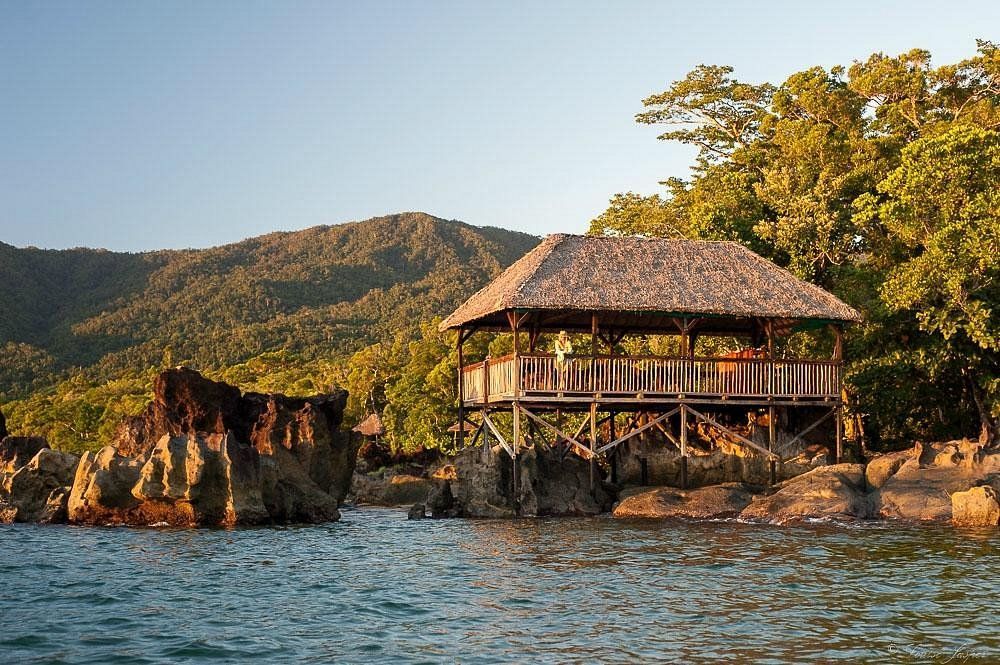Get in touch
Madagascar
Embark on an Unforgettable Journey to Madagascar, Where Unique Wildlife, Lush Rainforests, and Secluded Beaches Await in a Land Lost in Time.
Madagascar: A Sanctuary of Biodiversity and Untouched Beauty
Madagascar, the fourth largest island in the world, is a haven of natural wonders and unique biodiversity. Isolated from mainland Africa for millions of years, Madagascar has evolved into an ecological treasure trove, with 90% of its wildlife found nowhere else on Earth. From the otherworldly landscapes of the Tsingy de Bemaraha to the serene beaches of Nosy Be and the rich cultural tapestry of its people, Madagascar offers a luxury adventure for those seeking to immerse themselves in unparalleled natural beauty and explore the untouched corners of the planet.
Key places to visit
Avenue of the Baobabs: An iconic natural monument, these ancient baobab trees create a striking landscape and a photographer’s paradise at sunset.
Tsingy de Bemaraha National Park: A UNESCO World Heritage site, known for its limestone karst pinnacles, deep canyons, and diverse ecosystems.
Ranomafana National Park: A tropical rainforest park offering guided hikes to spot rare species like the golden bamboo lemur amidst lush vegetation.
Isalo National Park: Showcasing Madagascar’s varied landscapes, from sandstone formations to deep canyons and natural swimming pools.
Nosy Be: A popular island off the northwest coast, famous for its fragrant ylang-ylang plantations, clear waters, and vibrant coral reefs.
Must-See Sights and Experiences:
Lemur Spotting: Venture into Madagascar’s national parks to observe lemurs in their natural habitat, from the ring-tailed lemurs of Isalo to the indri of Andasibe.
Snorkelling and Diving: Explore the rich marine life in the waters around Nosy Be or the remote Mitsio and Radama archipelagos.
Cultural Experiences: Engage with local Malagasy culture through village visits, traditional music and dance performances, and local markets.
Hiking and Trekking: Madagascar offers diverse trekking opportunities, from the rainforests of Ranomafana to the rugged terrain of the Tsingy de Bemaraha.
Whale Watching: Between June and September, witness humpback whales as they migrate to the warm waters of Île Sainte-Marie for breeding.
Latest Tailor-made Offers






Latest Hotel Offers
Top Luxury Hotels

Miavana by Time + Tide
Located on Nosy Ankao, this ultra-luxury eco-lodge combines conservation with unparalleled luxury, offering exclusive beachfront villas with private pools and direct beach access.

Constance Tsarabanjina
An intimate resort set on a secluded island, offering barefoot luxury, with thatched bungalows and pristine beaches, perfect for snorkelling and unwinding.

Anjajavy l'Hotel
Accessible only by private plane, this hotel offers a secluded paradise set along a sandy peninsula, surrounded by a private nature reserve.

Masoala Forest Lodge
Nestled on the edge of the Masoala National Park in a lush rainforest, offering eco-friendly tents and immersive nature experiences.
Insider Guides and Tips:
Best Time to Visit: The best time to travel to Madagascar is during the dry season from April to October, offering favourable weather for wildlife viewing and outdoor activities.
Respect the Environment: Madagascar’s ecosystems are fragile. Support conservation efforts by choosing eco-friendly tours and accommodations.
Health Precautions: Consult with a travel health specialist before your trip, as Madagascar has specific health considerations, including malaria.
Local Cuisine: Try Malagasy cuisine, a blend of African, Asian, and European influences, featuring fresh seafood, zebu (a type of cattle) meat, and tropical fruits.
Sustainable Travel: Madagascar faces environmental challenges. Consider contributing to local conservation projects or community initiatives during your stay.
Opening Times: Monday to Sunday 09:00 - 20:00 | Saturday 09:00 - 18:00 | Sunday 10:00 - 18:00
Kullaborne Travel Limited acts as an agent in respect of all bookings made on our website or by telephone. For all bookings, your contract will be with the applicable Supplier/Principal (e.g. tour operator/airline /accommodation /cruise provider) of your chosen travel arrangements and Kullaborne Travel Limited acts only as an agent on their behalf. All flight-inclusive holidays featured on this website are financially protected by the ATOL scheme and in accordance with the holiday provider’s ATOL licence. When you pay for your flight-inclusive holiday you will be supplied with an ATOL Certificate, and fully supported through ATOL (ATOL 12540 ). Kullaborne Travel Limited is registered with UK Companies House with registered number 15232567 and our VAT number is GB 461158206.
© 2024 Kullaborne Travel Limited



